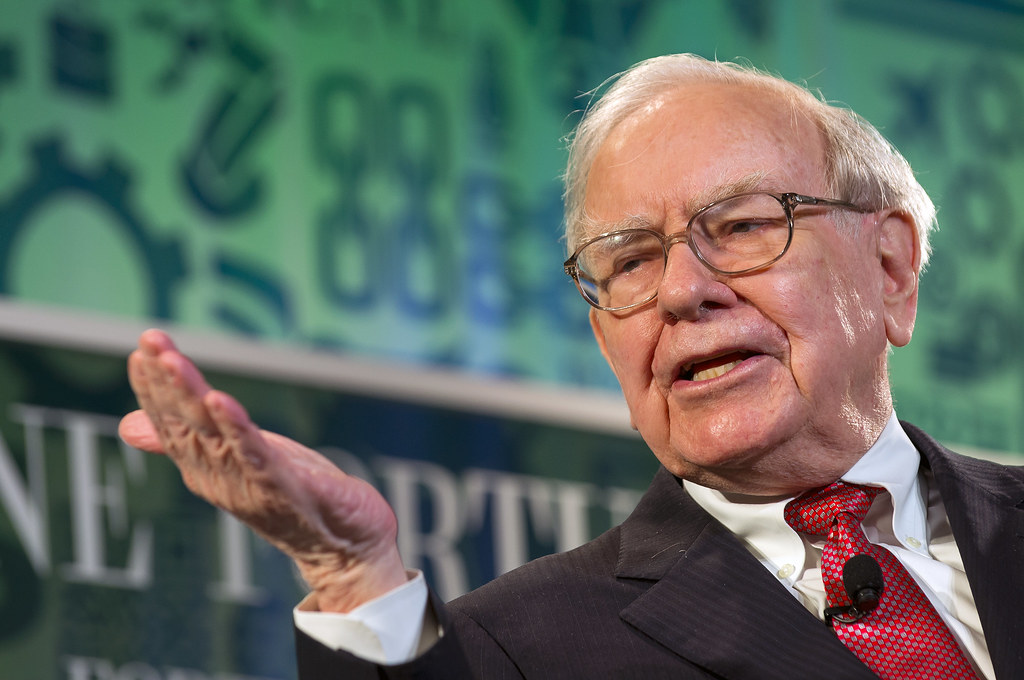Peter Lynch has a very similar investing style to Warren Buffett. They both suggest value investing and having a concept of owning a business instead of trading it.
Here is a speech Peter Lynch gave many years ago where he shares his tips on investing.
Let’s take a look at his easy method of accumulating wealth through the stock market.
Buy what you know
His main investing philosophy is surrounded by buy what you know.
People always trying hard to go for the difficult stuff, the next big thing. The things they don’t understand about.
Peter Lynch only owns what he knows. For example his favourite doughnut company and supermarket company. As easy as that.
Your niche
In your line of work, there are companies you know through and out, buy those instead of companies you know nothing about.
Companies that have a ton of cash
So they don’t go bankrupt easily. A strong financially supported company that everybody likes can only increase in value. If a business is doing well on paper and has goodwill through word of mouth – It is a good company.
Don’t be afraid of “being late”
He gave multiple examples of how you can still 30x your money if you buy a great company even a decade later. Such as Costco, Walmart, Microsoft etc. Great companies are much more likely to last.
The stock doesn’t know you own it
It sounds funny but true. Many people gamble their money like they “believe” this stock is going up just because it has recently come down. But chances are it can go way more beaten, you’ll never know.
No one can predict the market
Years after years people tried to predict the next depression but it never happened. But when it happens, you’re already in it. So it makes no sense to try to predict the market.
Buy a company that’s good enough that you won’t worry about it even if the stock market closes for a few years
Do you want to make money? If so, buy the boring company that has existed for a long time. Don’t bother buying a company if you don’t plan to own it for at least five years untouched.
Unlike Warren Buffett
I’ve never read suggestions from him saying to buy passive S&P500 index funds. Come to think of it, it is easier for a company to 30x than the S&P 500 30x, no? I made this discovery recently. More on that at the end of this article.
Like Warren Buffett
Buy a company for its strong financial facts. Not short-term, and not rumor. Buy it like you own the business. Know the business.
Key takeaway
- Buy businesses you know very well – you can explain it to a 5-year-old in a few minutes.
- Strong financial facts – making money and has a lot of cash.
- Don’t predict the market or price action because you can’t.
- Buy it like you own the business – hold it forever if nothing goes wrong.
- There’s no being late if it’s a great company.

He has written a book called "One Up On Wall Street".
My takeaway
I was mainly fond of the idea of swing trading because I believed in the economic cycle. Like, if you try to predict a price action for a single company is very difficult, but if you try to predict a sector performance with an economic cycle through a one-to-two-year lens, it seems ‘easier’, because supply and demand can have a few months of delay, and you make a profit from the delay.
For example, if sales of luxury goods drop for a couple of quarters, it could potentially mean people are less likely to spend. > Companies produce fewer goods. > Raw materials demand goes down. > You can bet on lower commodity prices.
It seems like so. However, it is still an assumption at best. If anything, you can only make a short-term profit if all steps go as you predict, which is way more difficult than simple logic – a great company continues to make money.
One thing I learned through my overthinking journey of investing is that – the most certain and boring way of investing style is the best. Go after certainty, not excitement.
If a great company with strong financial numbers, good leadership, goodwill, and people like it and you understand it – how can it not make money? As simple as that.
On the other hand, I can take the hard path and do chart analysis, look at the economic data, play with options and so on to keep myself busy, but I could never win against the simple fact that a great company is going to make money and therefore it increases in value.
If the business is doing good but the stock price doesn’t say so, well great, now it’s the margin of safety Warren Buffett had been talking about.
What do you think?






